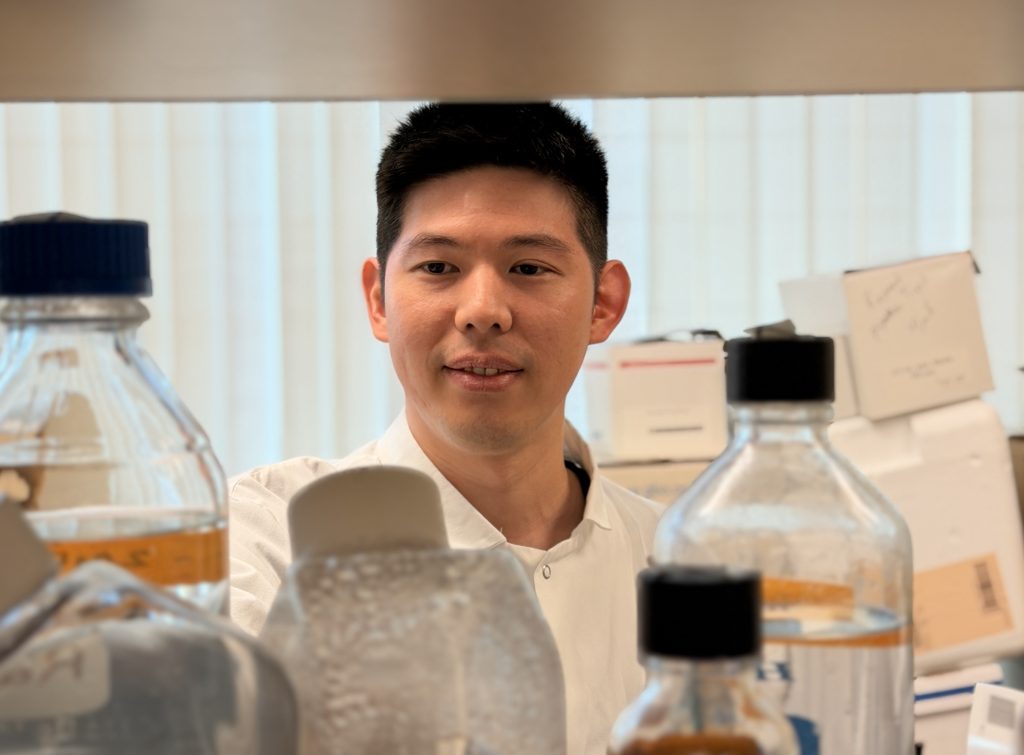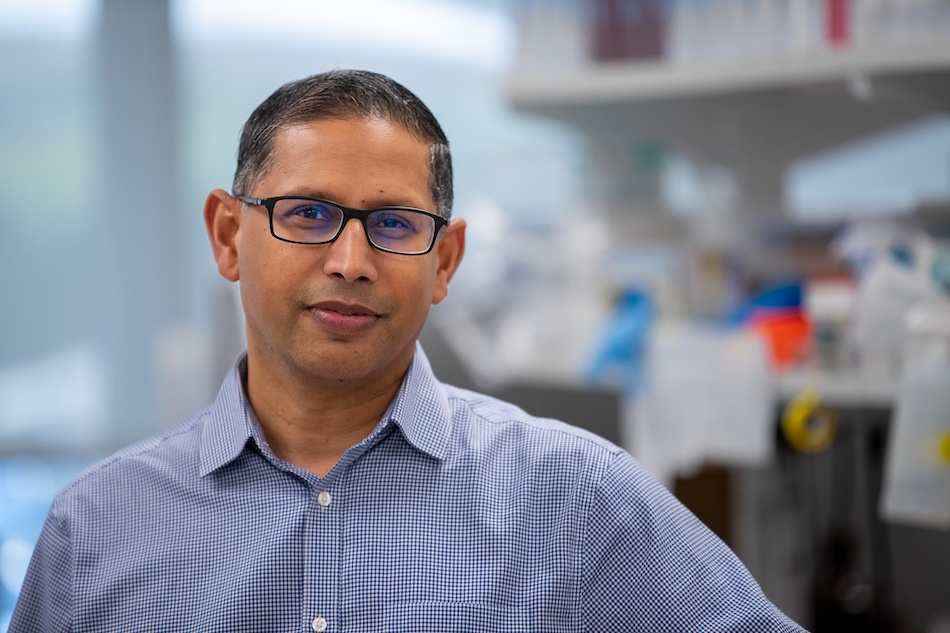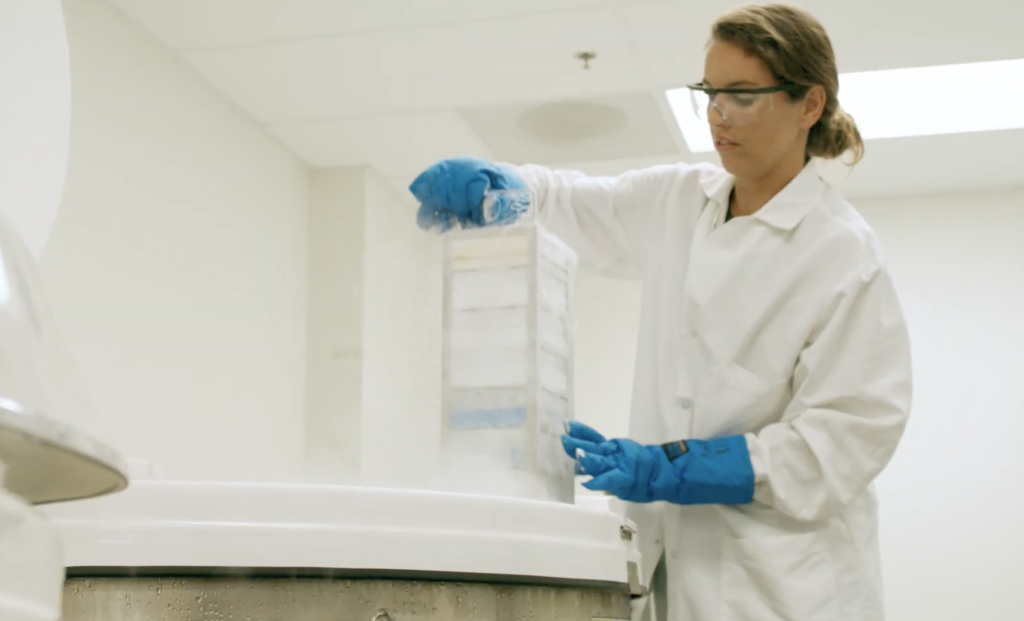Given their previous studies on crosstalks between PTKs-dependent and G protein-coupled receptor-dependent signals in FceRI-stimulated mast cells, they have been characterizing PLC-b isoforms. In addition to its role in an early FceRI signal transduction, they found that deficiency in PLC-b3 results in myeloproliferative neoplasm (MPN) and AD. They demonstrated that a novel multi-molecular complex, SPS complex, that contains SHP-1 (SH2 domain-containing protein phosphatase 1), PLC-b3 and Stat5, regulates Stat5 activity. Increased Stat5 activity due to the loss of PLC-b3 was crucial for the leukemogenesis of MPN as well as the development of AD. This mechanism seems important in the pathogenesis of Burkitt’s lymphoma, chronic lymphocytic leukemia, and human AD.
Selected References
Xiao, W., Hong, H., Kawakami, Y., Kato, Y., Wu, D., Yasudo, H., Kimura, A., Kubagawa, H., Bertoli, L. F., Davis, R. S., Chau, L. A., Madrenas. J., Hsia, C. C., Xenocostas. A., Kipps, T. J., Hennighausen, L., Iwama, A., Nakauchi, H., and Kawakami, T. Tumor suppression by phospholipase C-b3 via SHP-1-mediated dephosphorylation of Stat5. Cancer Cell 16: 161-171, 2009. PMCID: PMC2744338
Xiao, W., Ando, T., Wang, H., Kawakami, Y., and Kawakami, T. Lyn- and PLC-b3-dependent regulation of SHP-1 phosphorylation controls Stat5 activity and myelomonocytic leukemia-like disease. Blood 116:6003-6013, 2010. PMCID: PMC3031387
Xiao, W., Kashiwakura, J., Hong, H., Yasudo, H., Ando, T., Maeda-Yamamoto, M., Wu, D., Kawakami, Y., and Kawakami, T. Phospholipase C-b3 regulates FceRI-mediated mast cell activation by recruiting the protein phosphatase SHP-1. Immunity 34:893-904, 2011. PMCID: PMC3124618
Ando, T., Xiao, W., Gao, P., Namiranian, S., Matsumoto, K., Tomimori, Y., Hong, H., Yamashita, H., Kimura, M., Kashiwakura, J., Hata, T.R., Izuhara, K., Gurish, M.F., Roers, A., Rafaels, N.M., Barnes, K.C., Jamora, C., Kawakami, Y., and Kawakami, T. Critical role for mast-cell Stat5 activity in skin inflammation. Cell Reports 6:366-376, 2014. PMCID: PMC4329986


